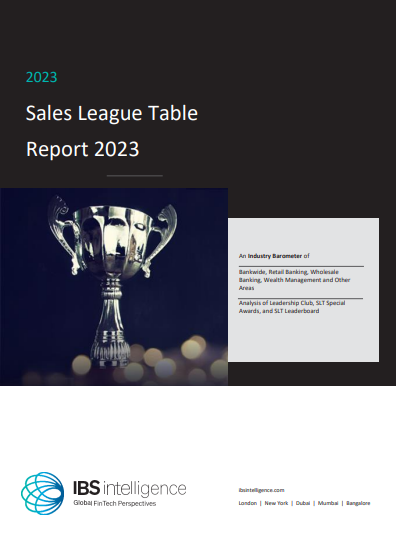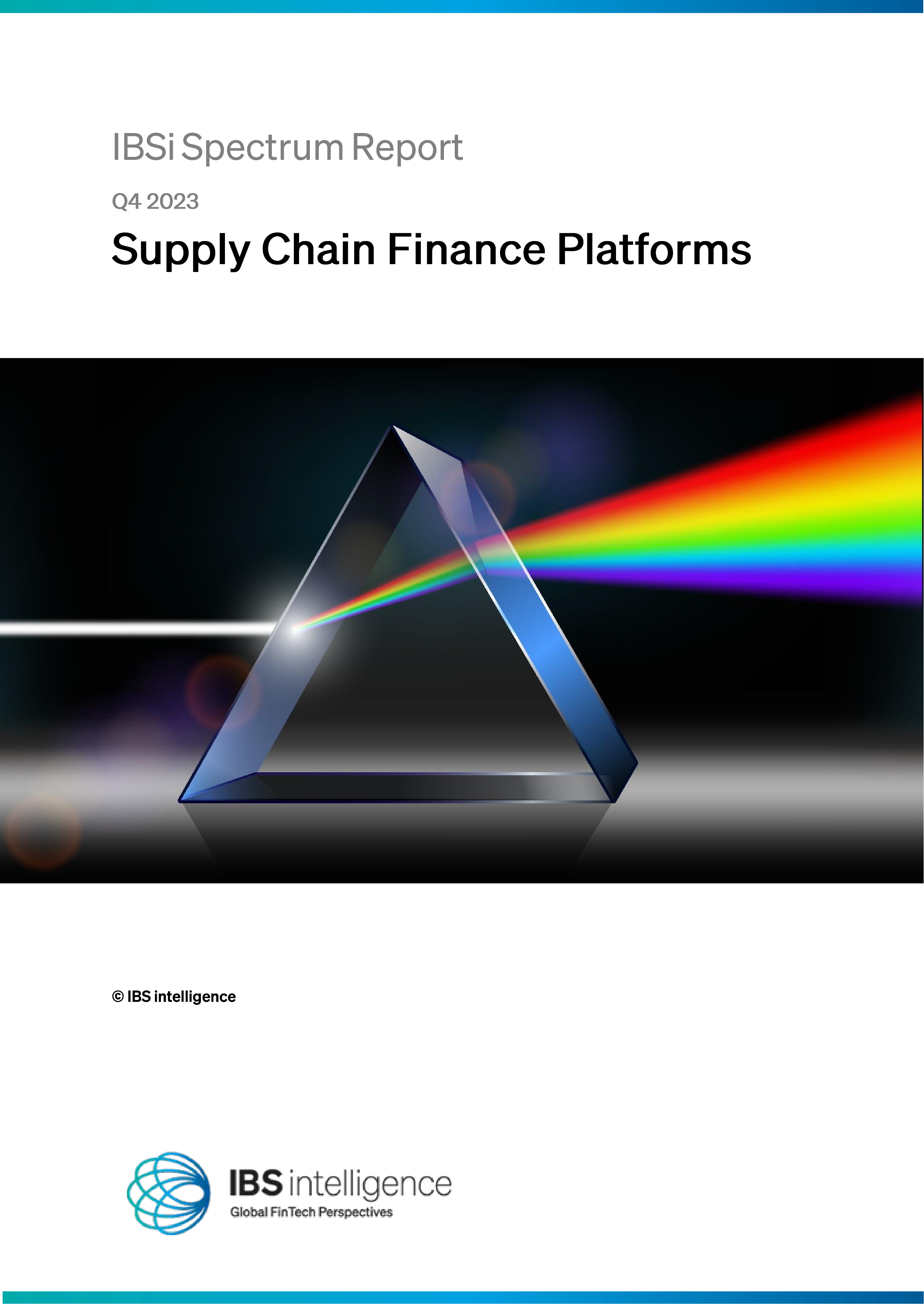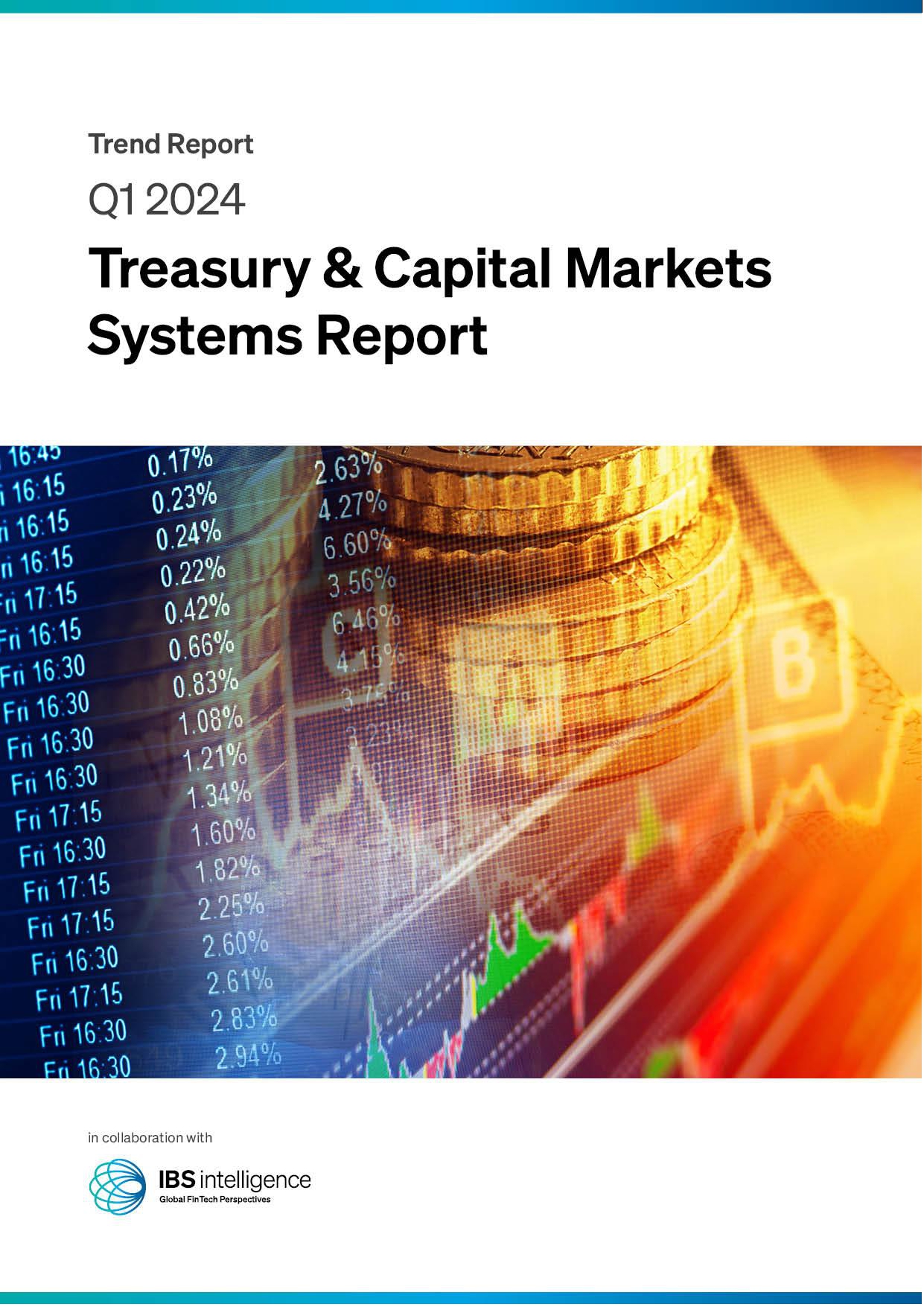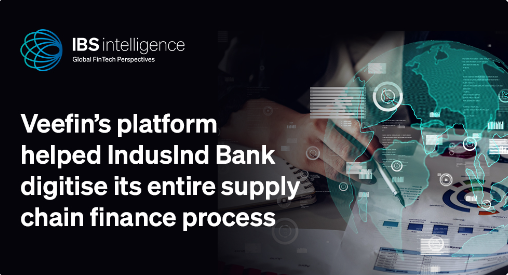 Back
Back
With credit awareness, millennials are less likely to make late payments
By Puja Sharma
Millennials and Gen Z consumers are now becoming increasingly conscious of their credit and money management habits. The report, christened the “Credit Literacy Index’, showcases the results of a study conducted among more than 9 million users on OneScore’s platform across the country, according to OneScore report, more than 46% of millennial and Gen Z […]
This article can only be read by subscribers. Subscribe to IBSi Premium or Sign in
Get access to IBSi Premium
IBSi Daily News Analysis + monthly IBSi FinTech Journal
Daily insightful Financial Technology news analysis
Weekly snapshots of industry deals, events & insights
Weekly global FinTech use cases
Chart of the Week curated by IBSi’s Research Team
Monthly issues of the iconic IBSi FinTech Journal
Exclusive invitation to a flagship IBSi on-ground event of your choice
£19.99/monthly - Subscribe Now!
Other Related News
April 25, 2024
Multi-layered financial fraud prevention solutions save over $18bn in losses, study shows
Read MoreApril 24, 2024
Why are online payments experiencing significant fluctuations across various sectors in UAE?
Read MoreApril 23, 2024
UAE retailers lose millions annually on payments fraud; consumers’ wallets impacted
Read MoreRelated Reports

Sales League Table Report 2023
Know More
Global Digital Banking Vendor & Landscape Report Q1 2024
Know More
Wealth Management & Private Banking Systems Report Q1 2024
Know More
IBSi Spectrum Report: Supply Chain Finance Platforms Q4 2023
Know More









